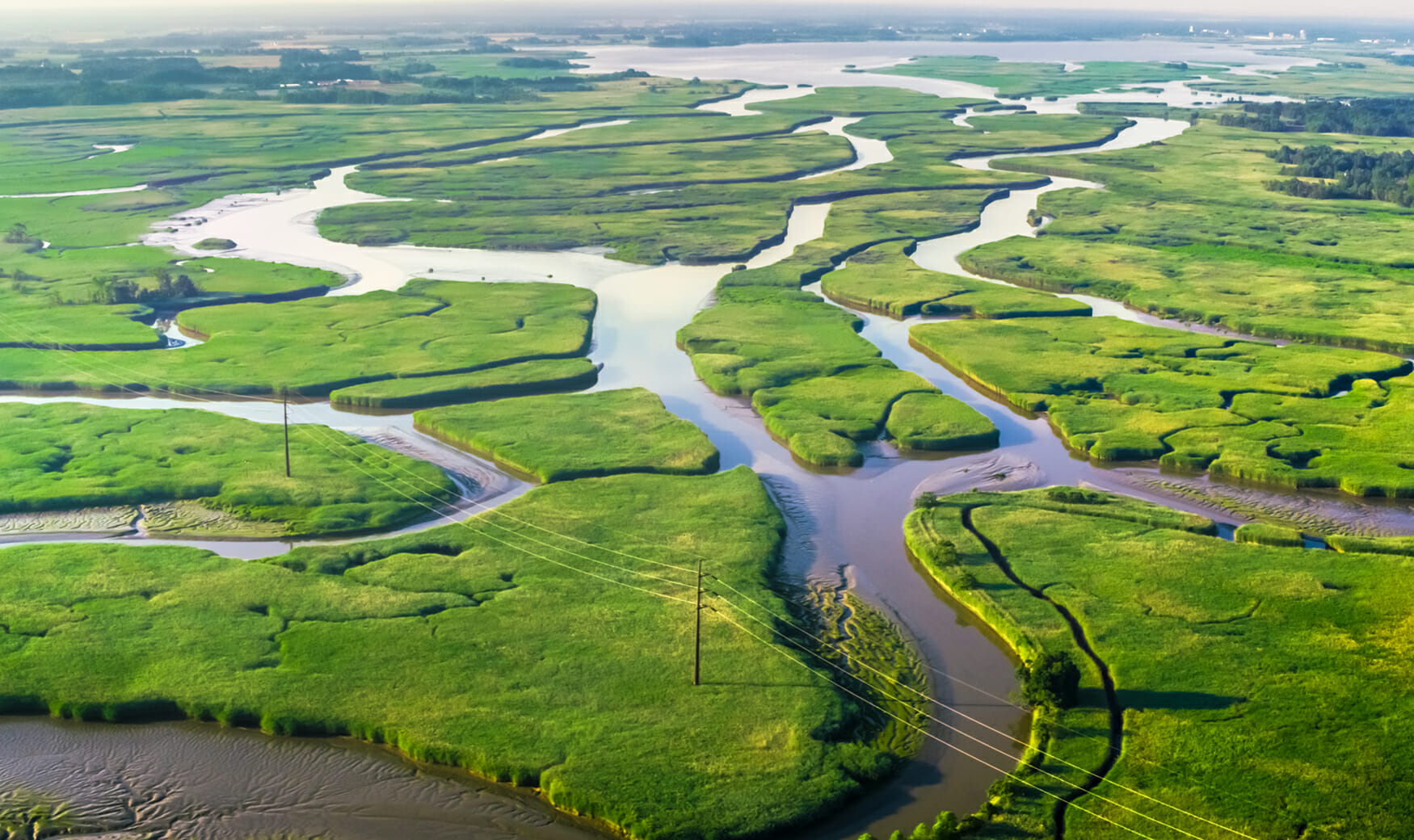New Jersey Department of Environmental Protection (DEP) Commissioner Shawn M. LaTourette, acting as the state’s natural resource trustee, issued Administrative Order 2023-08 on March 14, 2023, which modernizes guidance on, and enhances public engagement regarding, the development and implementation of natural resource damages (NRD) assessments and restoration projects. The order, which became effective immediately, restates and broadens New Jersey’s Natural Resource Restoration Policy (NRRP). In the order, the commissioner acknowledges his duties as trustee of the state’s natural resources and directs the DEP to create mechanisms to enhance voluntary resource assessment opportunities and for input from the public in the planning and implementation of natural resource restoration activities.
As support for issuing the order, the commissioner cites well-known statutory authority under a number of New Jersey statutes and regulations—including the Spill Compensation and Control Act, N.J.S.A. 58:10-23.11a, et seq., the Water Pollution Control Act, N.J.S.A. 58:10A-1, et seq., and conservation laws such as N.J.S.A. 13:1B-3—as well as the common law, the public trust, and parens patriae doctrines often cited by state trustees as a basis for NRD claims.
The NRRP contemplates an effort by the DEP to enter into “a voluntary collaborative settlement process with responsible parties (‘collaborative process’) while reserving all rights to pursue legal action where necessary and appropriate in the Commissioner’s discretion and in consultation with the Attorney General.” As described in the order, this collaborative process seems similar to the cooperative assessment process that federal trustees sometimes try to employ with responsible parties to obtain restoration projects and settlement credits.
Under the order, DEP will continue to pursue the assessment and restoration of injured and damaged natural resources, including those impaired by any past, present, or future discharge of hazardous substances or other pollutants. To implement the NRRP, the order encourages potentially responsible parties to resolve potential NRD liabilities through a collaborative process to expedite the resolution of liabilities and reach amicable solutions. Where the DEP reaches resolutions of NRD liabilities with potentially responsible parties, the department anticipates these settlements would reflect a discounted NRD valuation to recognize both the potentially responsible party’s cooperation and the benefits of avoided litigation and uncertainty. The order is intended to be prospective in nature and is not intended to affect any ongoing collaborative processes, settlement discussions, or administrative or legal actions concerning alleged injuries to natural resources.
In particular, the order provides that the DEP may enter into a collaborative process with any potentially responsible party that provides it with certain information, including (i) a written statement of interest in exploring the voluntary resolution of potential NRD liabilities; (ii) a summary of the operational history of the subject site with relevant information that describes the storage, use, and discharge of any hazardous substances or other pollutants giving rise to potential NRD liability; (iii) a description of the predischarge conditions at the site; (iv) a delineation of the nature, extent, and duration of the subject contamination exceeding predischarge conditions and information pertinent to the assessment of injuries to natural resources; (v) a description of the environmental features and media at and in the immediate vicinity of the site; (vi) a proposal to resolve the potentially responsible party’s primary and compensatory restoration obligations; and (vii) an optional suggestion of candidate restoration projects the DEP may consider funding.
Regarding public engagement, the order creates within the DEP the Natural Resource Restoration Advisory Council to provide insight and feedback concerning the DEP’s identification, planning, and implementation of restoration projects and to communicate their progress and outcomes to the public. To further public availability of information related to restoration projects, the order also sets out to develop an interactive dashboard on the department’s website detailing current restoration projects, as well as an archive of past NRD recoveries and natural resource restoration projects.
